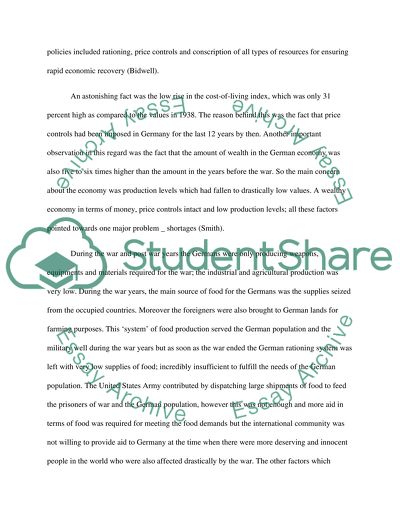Cite this document
(“Post-War Development of the German Economy Research Paper”, n.d.)
Post-War Development of the German Economy Research Paper. Retrieved from https://studentshare.org/macro-microeconomics/1440421-post-war-development-of-the-german-economy
Post-War Development of the German Economy Research Paper. Retrieved from https://studentshare.org/macro-microeconomics/1440421-post-war-development-of-the-german-economy
(Post-War Development of the German Economy Research Paper)
Post-War Development of the German Economy Research Paper. https://studentshare.org/macro-microeconomics/1440421-post-war-development-of-the-german-economy.
Post-War Development of the German Economy Research Paper. https://studentshare.org/macro-microeconomics/1440421-post-war-development-of-the-german-economy.
“Post-War Development of the German Economy Research Paper”, n.d. https://studentshare.org/macro-microeconomics/1440421-post-war-development-of-the-german-economy.


